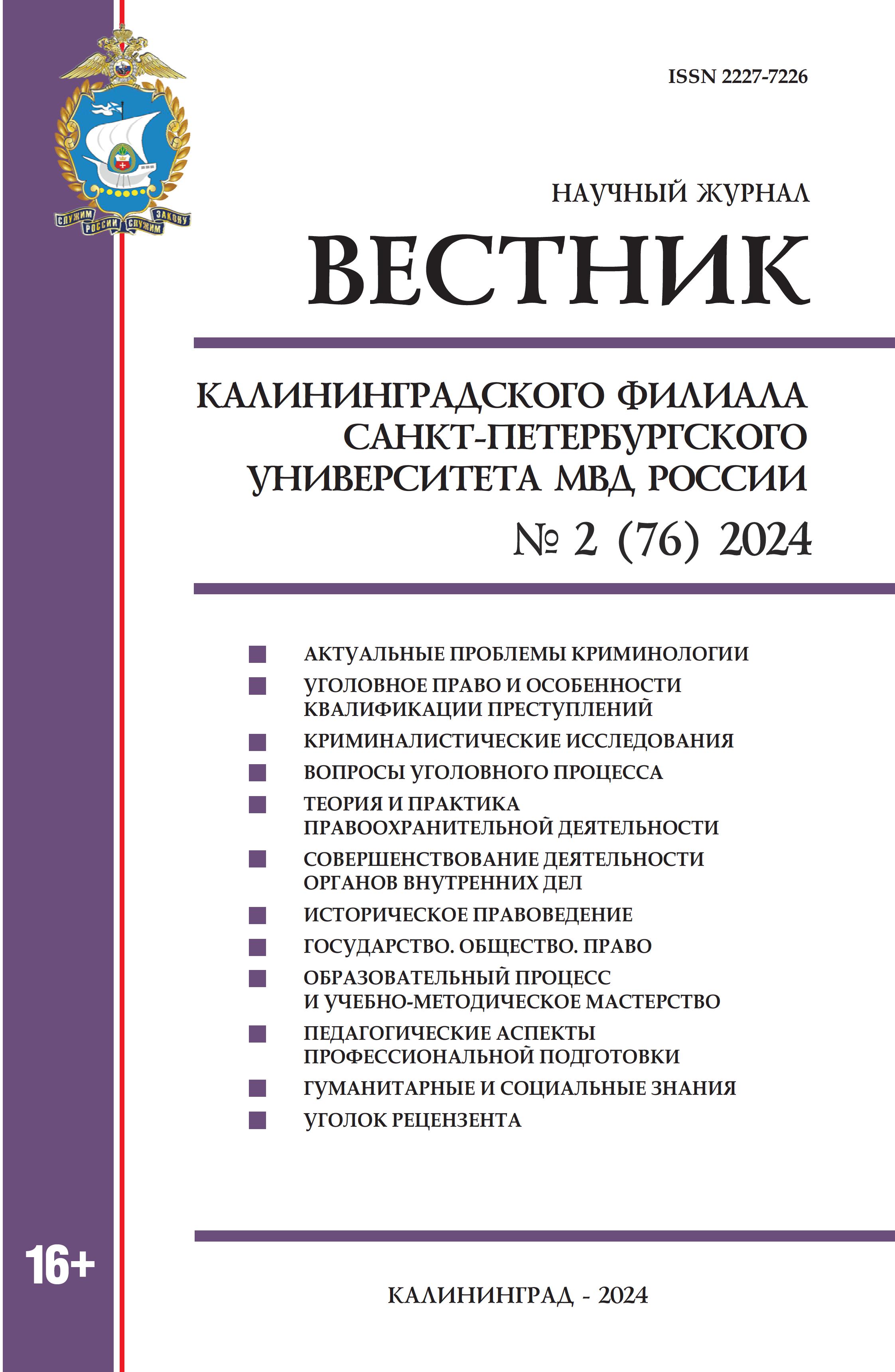Introduction. A democratic state and civil society cannot exist without informing the population about decisions made by government bodies. The Constitution of the Russian Federation imposes on officials of public authorities the obligation to «provide everyone with the opportunity to familiarize themselves with documents and materials that directly affect their rights and freedoms» (Part 2 of Article 24), and in Part 1 of Art. 123 establishes the need for public proceedings in all courts. Criminal Procedure Code of the Russian Federation in Part 1 of Art. 241 enshrines the provision of openness of proceedings in all courts. Openness as a subject of research is a relatively new phenomenon for domestic legal science. It should be noted that the openness of criminal proceedings must be considered as part of the constitutional principle of openness of public authorities. The article presents various opinions of representatives of the scientific community, some of whom are in favor of identifying openness as an independent principle of criminal proceedings, while others, on the contrary, believe that openness cannot be a principle of criminal proceedings. The author of the article formulates his own position on the research topic. Methods. During the research, the general scientific dialectical method of cognition of the surrounding reality was used, which involves a complete and comprehensive study of phenomena, a systematic approach and a formal logical method. Results. The article analyzes the possibilities of including openness in the system of principles of criminal proceedings. For this purpose, the main features and features of the concept of «principle» in the criminal process as a whole were comprehensively studied, which made it possible to formulate a conclusion about the advisability of classifying openness as a principle of criminal proceedings.
Criminal proceedings, principles of criminal procedure, system of principles, openness, criminal process.







